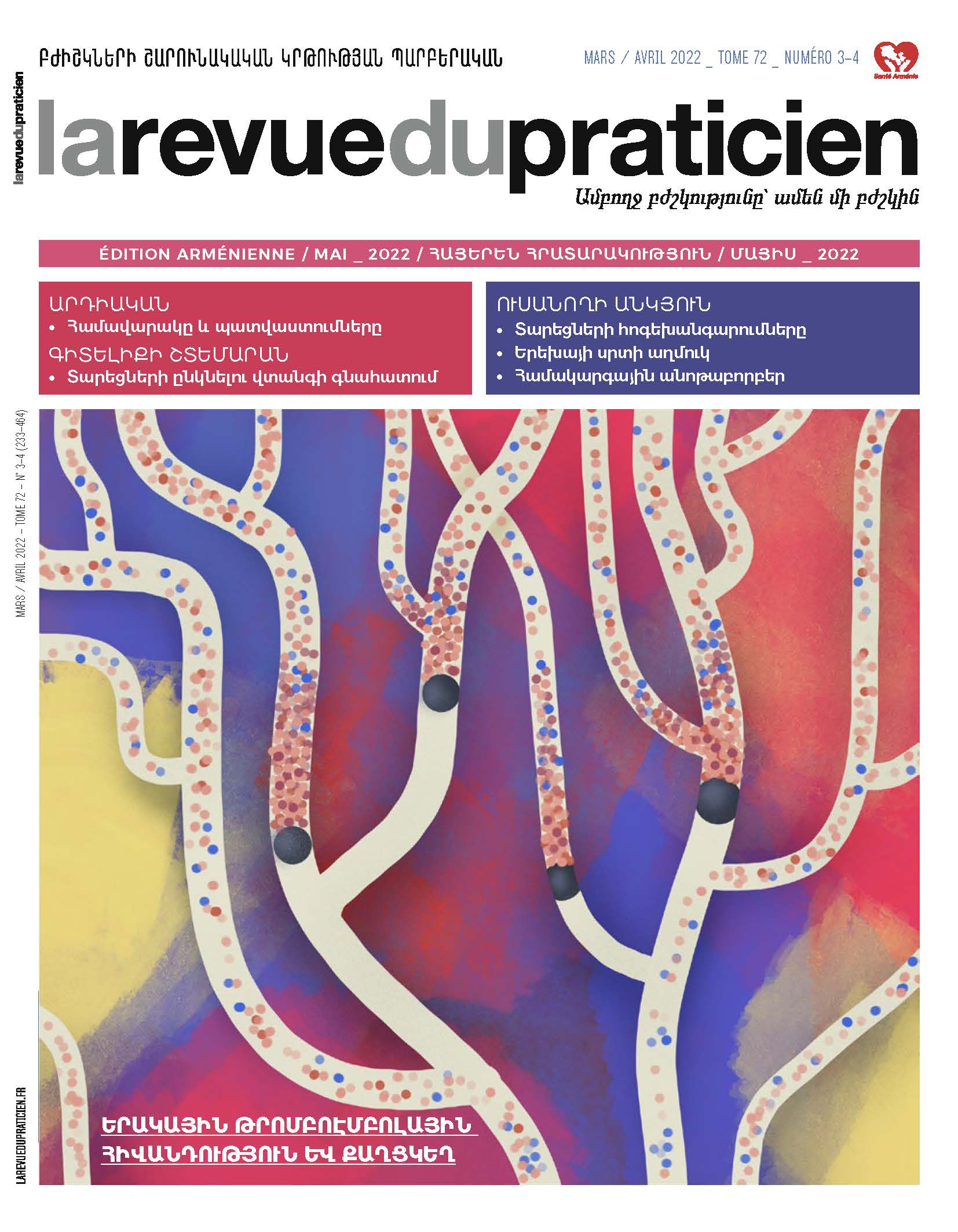Treatment of cancer associated thrombosis 21
Olivier Sanchez.Abstract
The treatment of cancer-associated venous thromboembolic disease is complex due to an increased risk of thrombotic recurrence and bleeding under treatment. During the first 6 months, low molecular weight heparins are more effective than vitamin K antagonists without increasing the risk of bleeding. Direct oral anticoagulants (DOACs) have at least comparable efficacy to delateparin. The hemorrhagic risk of DOACs is comparable or higher than that of dalteparin, but seems to depend on the DOAC studied and, at least for some of them, on the location of the tumor. Beyond the 6th month, the curative anticoagulant treatment is continued as long as the cancer is active with low molecular weight heparin if it is well tolerated and effective or by using a DOAC at full dose while waiting for the results of a randomized trial comparing the efficacy and safety of half-dose versus full-dose of apixaban.
